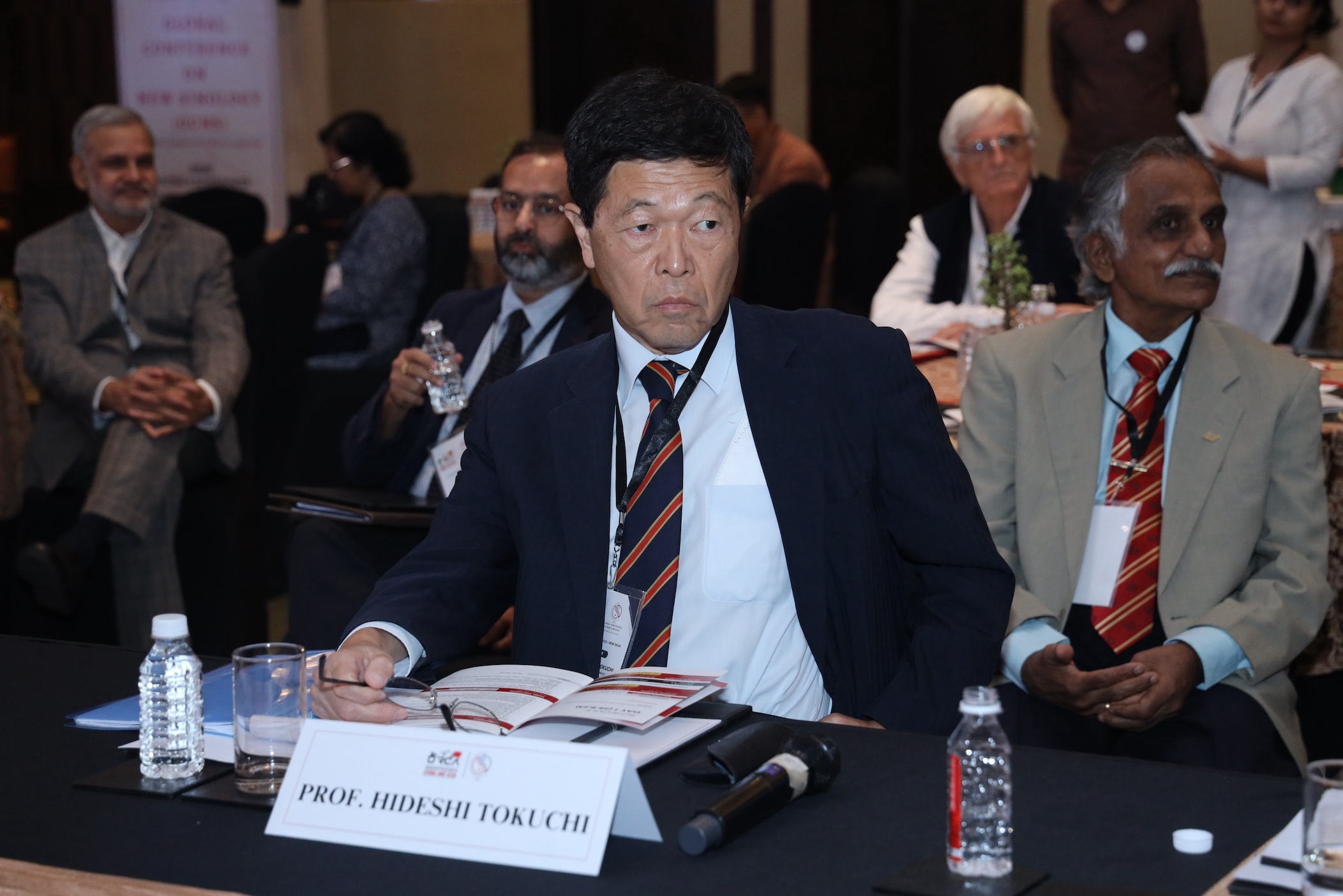Northeast Asia is at the frontline of the US-China rivalry. Both Japan and South Korea are staunch allies of the US, hosting a large number of US troops. Northeast Asia is also close to the Arctic’s Northern Sea route which can significantly reduce sailing time between Europe and Asia, but for the time being the South and East China Seas are focal points as arteries of global economy. Taiwan is located between these two seas. Once it falls into Chinese hands, maritime security of the entire Pacific will be threatened. There is a report that Paul Wolfowitz had said that Taiwan is “Asia’s Berlin.” However, the situation surrounding Taiwan is more serious than Berlin in the Cold War days. There are a number of reasons for this:
First, the former Soviet Union did not regard Berlin as its territory, but China claims Taiwan as its own. Second, China never denies the possibility of use of force to annex it. And third, US commitment for the defense of Taiwan remains ambiguous.
A Ukraine analogy of Taiwan became popular among Asians. Japan’s Prime Minister Kishida often says that Ukraine today may be East Asia tomorrow. In addition, because of the geographical proximity (only 110km) between Taiwan and Japan and due to the Chinese military activities in the vicinity of Taiwan, the notion that Taiwan contingencies will be Japan contingencies has become more popular in Japan. As reaffirmed in G7 Hiroshima Leaders’ Communique, peace and security across the Taiwan Strait is indispensable to security and prosperity in the international community. It is a global issue.
In this context, what is China’s foreign policy and goal? China pursues socialism with Chinese characteristics, but it does not carry any banners for “universal” ideologies, different from the former Soviet Union. The goal of China’s diplomacy is the development of “a human community with a shared future.” It is their guideline for the reform of the international order based on the Chinese dissatisfaction with the existing order led by the western bloc. China believes that external attempt suppress and contain China may escalate at any time, but China does not want an all-out war with the US. Careful management of their relations will continue, but there is no denying of the breakout of mishaps and escalation. Xi Jinping’s regime has to keep tough on the US in order to maintain its domestic power basis. Economic growth is the source of legitimacy of CCP’s legitimacy today, but Chinese economy is sluggish now. Therefore, China cannot easily compromise on sovereignty issues and matters of their core interests to foreign countries.
What tools has China employed to execute its foreign policy? China has a number of tools to implement its strategy in its international relations. China’s military buildup, both conventional and nuclear, is very rapid. In 2017, Xi Jinping declared his intention to transform the Chinese military forces fully into world-class forces by the mid-21st century. China is trying to be a peer competitor of the US in conventional force although it has not yet caught up with the US. China is also trying to establish the state of MAD with the US. According to one expert, they hasten to build a much larger nuclear arsenal in order to gain Westerners’ respect of China and their restraint in dealing with China. We cannot respect such a Chinese mind, but they may think differently.
China’s military expansion is not limited to these facets. China Coast Guard has military missions, too. It is rapidly increasing its capabilities and size, and menacing navies of Southeast Asian countries. China’s maritime militia is also part of China’s armed forces. Integration of the CCG and maritime militia into the military chain of command is in progress. By doing so, the Chinese leadership seeks to create gray zone situations and to constantly pressure the adversaries while avoiding direct military clashes.
Today, China has more tools at its disposal. Two PLA officers wrote in 1999 that all the boundaries lying between the two worlds of war and non-war, of military and non-military, will be totally destroyed, and there is nothing in the world today that cannot become a weapon to compel the enemy to accept one’s interest. They call it “Unrestricted Warfare.” From their perspective, use of information technology and economic means are particularly important. This is a total war in the contemporary world. It employs all instruments of national power. Therefore, a whole-of-government approach, intelligence capability including early warning in particular, and international partnership of like-minded countries are increasingly important.
These remarks were presented by Prof. Hideshi Tokuchi at Global Conference for New Sinology (GCNS), 2023



Author
Prof. Hideshi Tokuchi
Professor Hideshi Tokuchi entered the Japan Defense Agency in 1979 as a civilian and assumed the position of the first Vice-Minister of Defense for International Affairs in 2014 until retiring from the Ministry of Defense in 2015. Mr. Tokuchi also worked for the US National Defense University in 1995-1996 as a Visiting Fellow. He taught Japan’s national security policy at the National Graduate Institute for Policy Studies (GRIPS) for many years. He now works as a Senior Fellow for GRIPS Alliance and as a Visiting Fellow for the Institute of International Relations, Sophia University and as a Senior Research Adviserfor for the Institute for International Policy Studies. Mr. Tokuchi was born in 1955. He earned a degree of Bachelor of Laws at the University of Tokyo in 1979 and a degree of Master of Arts in Law and Diplomacy (MALD) at the Fletcher School of Law and Diplomacy in 1986.